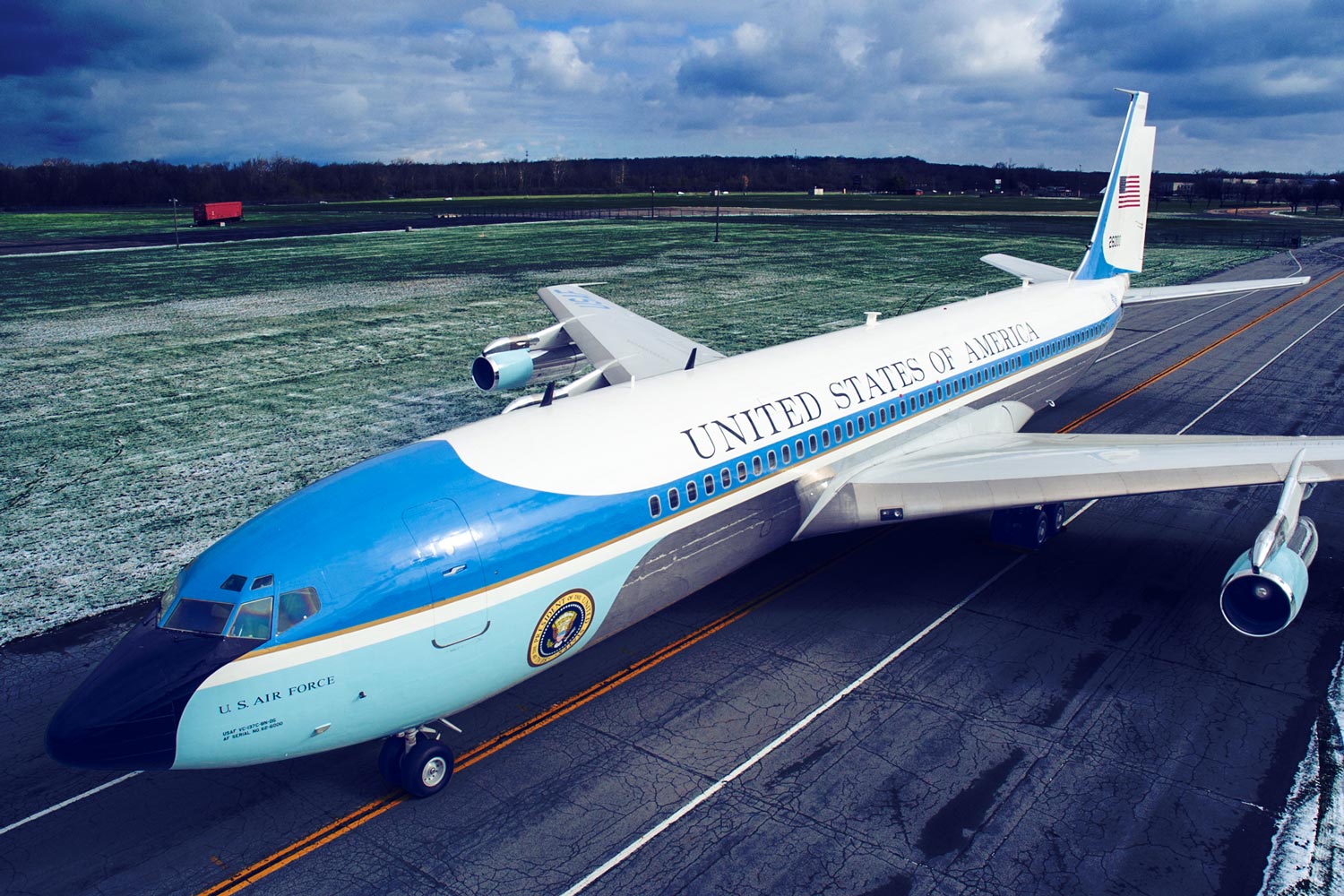On Friday, President Trump began a 12-day Asian trip, visiting Japan, South Korea, China, Vietnam and the Philippines. Though he will touch many bases and meet many leaders, he is unlikely to mend the gap in American-Asian relationships opened by his rejection of the Trans-Pacific Partnership in January, according to University of Virginia politics professor and China expert Brantly Womack.
The rejection of the trade deal signaled an abrupt turn away from President Obama’s pivot toward Asia, Womack said, and the turmoil in Washington since Trump’s election has reinforced concerns about the unpredictability of American foreign policy.
“By contrast, China looks organized, predictable and very interested in Asia,” he said. “China presents opportunities as well as risks to its neighbors, while thus far the United States is presenting question marks.”
Womack, who also holds the Miller Center’s C. K. Yen Chair, shared more of his insights with UVA Today about Trump’s travel.
Q. Will Trump’s traveling to the region and meeting face-to-face with leaders have any impact on relations?
A. Of course, President Trump is a people person and he is almost certainly more likely to be more reassuring face-to-face than he is through the binoculars of the media. Nevertheless, each leader and each country that he will be visiting – from Prime Minister Shinzo Abe in Japan to President Rodrigo Duterte in the Philippines – have interests and concerns that overlap with ours, but are not identical.
The big issue for Trump on this trip is prospective American vulnerability to North Korean nuclear missiles. But South Korea has bigger, more urgent, and more lasting exposures across the Demilitarized Zone. If North Korean missiles simply disappeared, South Korea would still have a North Korea problem. A military strike against North Korea might bring security to the U.S. and at the same time catastrophic destruction to the South.
Q. How is Trump perceived in China?
A. China is of two minds about Trump and his visit is unlikely to change either mind.
On one side, the United States is China’s most important partner. Together the countries are one-third of the global political economy. Trump’s China advisers run the gamut from anti-China protectionists to global businessmen, and no one knows whether Trump will step to the right or to the center. So, China is worried about the U.S.-China relationship and it will tread softly and carefully.
On the other side, the uncertainty of the other Asian countries about Trump and American policy have created a political crisis of uncertainty that is useful to China. Just like the 2008 economic crisis, the United States now looks wobbly, while China looks steady. China is committing billions to joint development projects across Asia and it promotes a broad range of regional partnerships.
Thus, China is poised for a leap forward in political prestige comparable to its earlier leap forward in economic visibility.
Q. How do you think he will be received in Vietnam and the Philippines?
A. Although happy to see him, Southeast Asia is likely to be the place least satisfied with Trump’s visit. First of all, Trump’s concern about North Korean missiles is not their concern. They would be sympathetic, but not engaged, and more concerned about the unpredictable consequences of a war in Northeast Asia.
Trump’s visits to Hanoi and Manila will help the domestic political fortunes of their respective leaderships, but they both know that for the foreseeable future, China will be more important for them than the United States.

All Southeast Asian countries are among the 56 members of China’s Asian Infrastructure Investment Bank. They are looking forward to benefitting from the investment projects of the so-called “Belt and Road Initiative,” in which China is underwriting billions of dollars of investment in infrastructure in countries linking the country to Europe along the old Silk Road. The critical distance from these Chinese projects that Obama began and Trump has continued makes us less relevant to the region’s future development prospects.
Q. Trump has chosen not to attend the East Asia Summit, which is occurring the day he returns to Washington. How is that choice being viewed in Southeast Asia?
A. Most of these leaders will have seen Trump at a previous Asia-Pacific Economic Cooperation meeting in Vietnam, but skipping the summit is more than symbolically important. The region’s greatest concern is that the United States is losing interest in Southeast Asia. The region will note that Trump has time to play golf in Japan, time to spend three days in China, time to attend APEC, a global organizational meeting, but cannot stay an extra day to show respect for the regional summit meeting.
Top leaders from China, Japan, Russia, India, and South Korea will be there; we will be represented by Secretary of State Rex Tillerson. But Trump has met the important people already, on their home turf. Why should he stick around for a regional ceremonial? The message to Southeast Asia is loud and clear: the region is not important.
Compared to Trump’s visit to the Middle East and Europe in May, his planned visit to Asia is longer and more consequential for major American relationships. It is also less likely to have awkward moments, such as the meeting with Pope Francis, and it is certainly better than not going to Asia. And one can hope that what the president learns on his trip will be more important than what he can accomplish.
Media Contact
Article Information
November 3, 2017
/content/uva-china-expert-what-expect-trumps-five-nation-asia-tour

